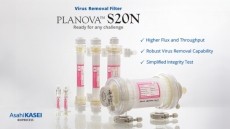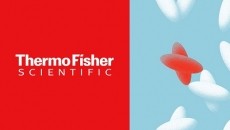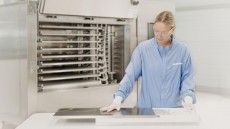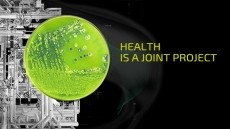NAPOLEON polymer campaign starts in Europe
million, to develop high barrier polymer films using nanocomposites
for a broad range of packaging and other industrial applications.
The NAPOLEON project has just got underway, and involves 21 industrial and academic laboratories in nine countries. It is being coordinated out of the University of Surrey in the UK, with other collaborators including ESPCI in France, the University of the Basque Country in Spain, and the Universities of Clausthal and Ulm in Germany. Industrial collaborators include BASF, L'Oreal, and Akzo-Nobel Resins.
The films could potentially revolutionise the packaging industry, with high-barrier materials that could offer very high protection against either moisture or oxygen. There are obvious applications for packaging of pharmaceutical and food products.
In the pharmaceutical arena, there is a growing demand for improved packaging materials that protect compounds from environmental assaults as new medicines - often now biological proteins such as antibodies - become more complex and less stable.
For these molecules, conventional pharmaceutical packaging - which is already fairly sophisticated with regards to strength, clarity, durability, moisture protection, weight and processability - may not be enough.
The idea behind the NAPOLEON project is to use waterborne nanocomposites - made up of either polymer-polymer or polymer-inorganic nanoparticles - with carefully controlled structures as building blocks for the films, according to a report from UK-based packaging consultancy Pira.
The researchers are initially focusing on ways of manufacturing the films and, once this effort is completed, will seek out small and medium-sized companies that may be interested in developing specific industrial applications of the technology.
The project is scheduled to run for four years. Results from the project are unlikely to be announced until the third or fourth year.















